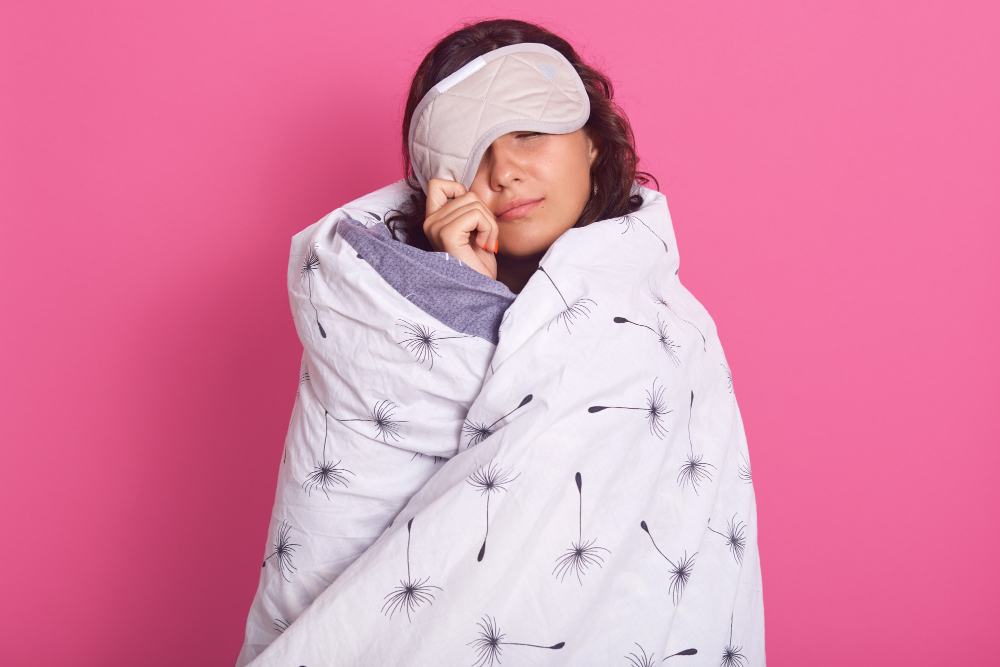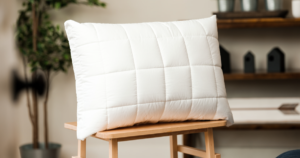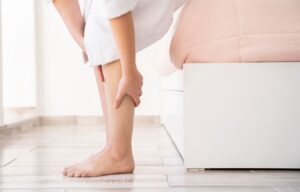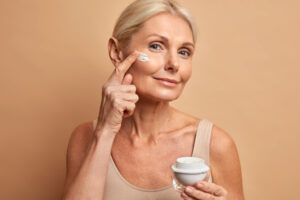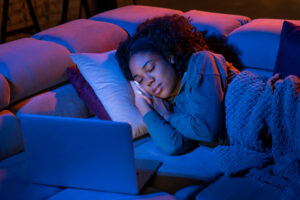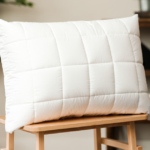Not the best state of mind for peacefully drifting off a few hours later. Nicotine is a stimulant, just like caffeine. Tobacco can keep you from falling asleep and make insomnia worse. Blame your pillow if you wake up tired with a stiff neck. It should be just the right size — not too fat and not too flat — to support the natural curve of your neck when you’re resting on your back. Line your nose up with the center of your body.
These movement disorders can rob you of needed sleep. Try to avoid heavy meals right before bed and be cautious of spicy foods, as they can cause heartburn, which may prevent you from sleeping. Don’t eat within two or three hours of your planned bedtime. If you have any of these signs, talk to a doctor or nurse. You may need testing or treatment for a sleep disorder. See your health care provider if nothing you try helps.
.jpeg)
Other treatments can include special mouthguards and lifestyle changes. Treatments are available for many common sleep disorders. Cognitive behavioral therapy can help many people with insomnia get better sleep. There are many misunderstandings about sleep. One is that adults need less sleep as they get older.
Exercise is one of the best science-backed ways to improve your sleep and health. The best mattress and bedding are extremely subjective. If you’re upgrading your bedding, base your choice on personal preference . Other studies point out that new bedding can enhance sleep.
This may be difficult to do with only limited furniture, but try not to use your bed for doing homework or other activities that can cause you anxiety. Insomnia can be short-term, where people struggle to sleep for a few weeks or months. “Quite a few more people have been experiencing this during the pandemic,” Brown says. Long-term insomnia lasts for three months or longer. Both groups of people gained weight with lack of sleep.
Tiredness can increase the likelihood of injuries, for example, due to drowsy driving or operating heavy machinery without full concentration. The Centers for Disease Control and Prevention recommend that people aged 18–60 years get 7 or more hours of sleep each night. However, 7–19% of adults in the United States are not getting enough sleep, according to survey results, while an estimated 50–70 million people have an ongoing sleep disorder. Set up an electronic curfew, a time in the evening when all TVs, phones, and computers need to be turned off. This should be at least one to two hours before bedtime.
It can also cause weight gain and increase disease risk in both adults and children . Research shows that poor sleep has immediate negative effects on your hormones, exercise performance, and brain function . Try to resolve your worries or concerns before bedtime. Jot down what’s on your mind and then set it aside for tomorrow. Doing calming activities before bedtime, such as taking a bath or using relaxation techniques, might promote better sleep. In particular, avoid heavy or large meals within a couple of hours of bedtime.
While they’re not a magic bullet for sleep issues, they can be useful when combined with other natural sleeping strategies. Start with a low dose to assess your tolerance and then increase it slowly as needed. Since melatonin may alter brain chemistry, it’s advised that you check with a healthcare provider before use.
If you’re lying awake unable to sleep, do no not try to force it. If you’re tired and enjoying the feeling of resting, then sleep may naturally take over. Our physical health and how we look after our body can have a big effect on our sleep. It can be easy to fall into unhealthy patterns of behaviour that can make your sleep worse, especially at times like these.
Some people read a book, listen to soothing music, or soak in a warm bath. Go to bed and wake up at the same time every day, even on the weekends. On the flip side, more sleep isn’t always better, says Brown. For adults, “if you’re sleeping more than nine hours a night and you still don’t feel refreshed, there may be some underlying medical issue,” she explains.


